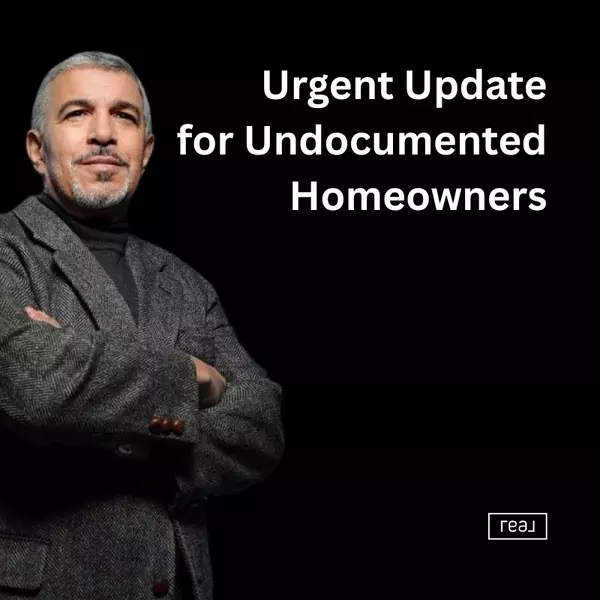$170 Billion for Mass Deportation

What This Means for Immigrant Communities and the U.S. Economy
In a move that has stirred national debate and drawn sharp criticism from both civil rights advocates and economic analysts, a staggering $170 billion has reportedly been set aside to fund mass deportation efforts across the United States. The proposal, which aims to accelerate the removal of millions of undocumented immigrants, marks one of the largest financial commitments toward immigration enforcement in U.S. history.
But what does this mean—not only for immigrant families—but for the country as a whole?
A Breakdown of the Budget
Though details remain fluid, the allocation reportedly includes:
-
Expansion of detention centers
-
Hiring of additional Immigration and Customs Enforcement (ICE) agents
-
Mass-scale transportation and processing infrastructure
-
Advanced surveillance technology
-
Legal fast-tracking and military-style support for removals
This sweeping proposal raises major questions about cost-effectiveness, human rights, and the socio-economic ripple effects that such a policy could unleash.
The Human Cost
For the millions of undocumented immigrants—many of whom have lived, worked, and raised families in the U.S. for decades—this plan signals a looming humanitarian crisis. Entire communities now face the threat of family separation, loss of income, and psychological trauma.
Many of these individuals are:
-
Essential workers in healthcare, agriculture, and service industries
-
Long-time contributors to local economies
-
Taxpayers, renters, and homeowners
-
Parents of U.S. citizen children
Mass deportation could mean not only uprooting people, but also unraveling the very communities they helped build.
Economic Fallout: Who Really Pays the Price?
A $170 billion deportation campaign comes at a time when many Americans are grappling with inflation, housing shortages, and education and healthcare underfunding. Critics argue that this funding could be more effectively used on:
-
Improving immigration courts to address backlogs
-
Modernizing legal pathways to residency
-
Expanding workforce training and integration for immigrants
According to the Center for American Progress, deporting just 10 million undocumented immigrants could shrink the U.S. GDP by 6%, equating to $1.6 trillion in economic loss.
Real Estate, Small Business & Local Services at Risk
Mass deportation efforts are also expected to destabilize:
-
Housing markets in immigrant-heavy neighborhoods
-
Small businesses owned or supported by immigrants
-
Local economies that rely on immigrant spending power
Landlords, property managers, and realtors may see an increase in vacancies, unpaid rents, and abandoned properties—especially in states like California, Texas, Florida, and New York.
Legal and Ethical Implications
Civil rights organizations warn that such a sweeping policy could violate constitutional protections, due process rights, and international human rights standards. There’s also concern about increased racial profiling and community distrust of law enforcement.
Legal experts are preparing for an influx of deportation defense cases, asylum claims, and constitutional challenges. Immigration attorneys, advocacy groups, and local governments will be critical in navigating this uncertain future.
What Comes Next?
The proposed $170 billion plan is likely to face intense legal, political, and public scrutiny. Regardless of its final form, this initiative represents a pivotal moment in American immigration policy—one that will test the country’s values, priorities, and vision for the future.
Final Thoughts
Mass deportation at this scale isn’t just a political statement—it’s a socioeconomic earthquake. The U.S. must decide: Are we investing in division, or building a more sustainable, inclusive future?
Have Questions or Need Help?
If you or someone you know could be impacted, consult with a qualified immigration attorney or reach out to local immigrant advocacy organizations for guidance and support.
Categories
Recent Posts










